Our Patterns
HAND PROTECTION
Two Directives
89/656/CEE from 30 11 1989 concerns the use of PPE for the employer.
89/686/CEE from 29 12 1989 concerns PPE design for manufacturers.
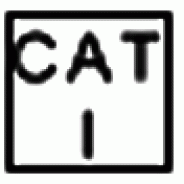
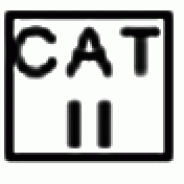
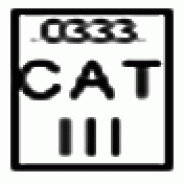
Category I
Protects from minor risk only. Self-certification by the producer Marking CE.
Category II
Protects from regular and identified risks. Certified by a licenced laboratory. Marking : CE + norm pictogram with levels of performance (optional).
Category III
Protects from irreversible or fatal risks. Certified by a licenced laboratory and production is managed using a quality assurance system such as ISO. Marking :
CE.0333 (surveying organisation) + norm pictogram with levels of performance (optional).
CUFF & STYLE

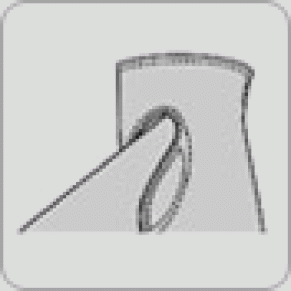
Slip on/shirred
Leather driver gloves have a slip on/shirred style cuff
Knit Wrist
Most cotton and jersey gloves have a snug knit wrist. Leather palm gloves may also have this feature.
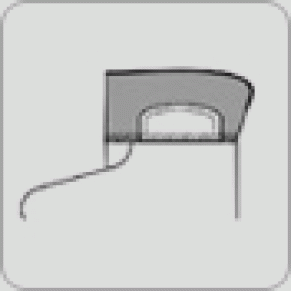
Safety
Leather palm style gloves have safety cuffs.
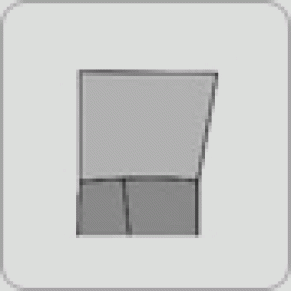
Gauntlet
Most cotton and jersey gloves have a snug knit wrist. Leather palm gloves may also have this feature.
PATTERN
When leather is cut and sewn for industrial gloves, it is generally constructed in one of two patterns; Clute pattern and Gunn pattern
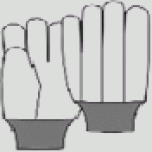
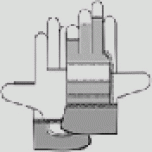
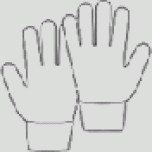
Clute Pattern
Recognised by the three parallel seams on the back of the glove. With a seamless palm, finger seams are to the front of the hand. This pattern is most popular for cotton flannel gloves. It offers comfort with no seams in the palm, as well as good hand protection.
Gunn Pattern
Recognised by the palm seam at the base of the two middle fingers. It has a seamless back and finger seams are to the back of the fingers for comfort. This pattern is particularly effective in leather palm gloves, because the leather on the front of the fingers extends two-thirds of the way around each finger eliminating exposed seams in palm ‘wear area’.
Reversible Pattern
A Gunn cut style that has the thumb at the side of the glove. This pattern is usually only used in knitted or light weight cloth gloves.
THUMBS STYLES
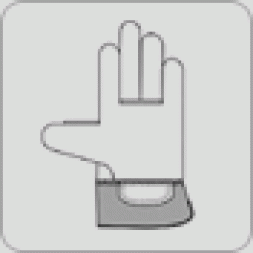
Straight Thumb
Design for closed fisted work (shoveling, sweeping, etc). When the fist is closed seams are out of the wear area. This is primarily a durability advantage.

Straight Thumb
Design for closed fisted work (shoveling, sweeping, etc). When the fist is closed seams are out of the wear area. This is primarily a durability advantage.
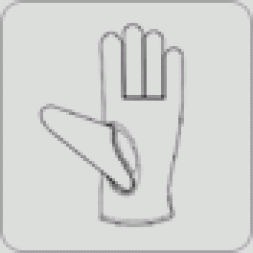
Keystone Thumb
By far the most freedom of movement and most comfortable. This style is preferred by safety and health engineers because it is the most ergonomically correct working glove.

Reversible Thumb
This pattern is usually only used in knitted or light weight cloth gloves. One major advantage of this style is that wearers can switch gloves after they have worn through on original palm surfaces.
